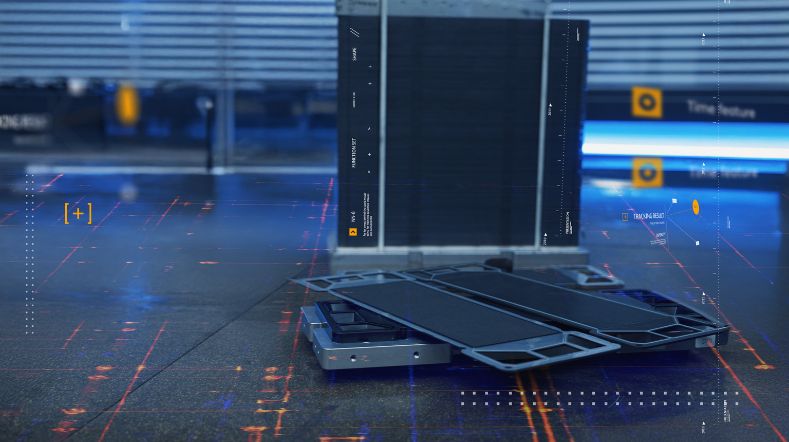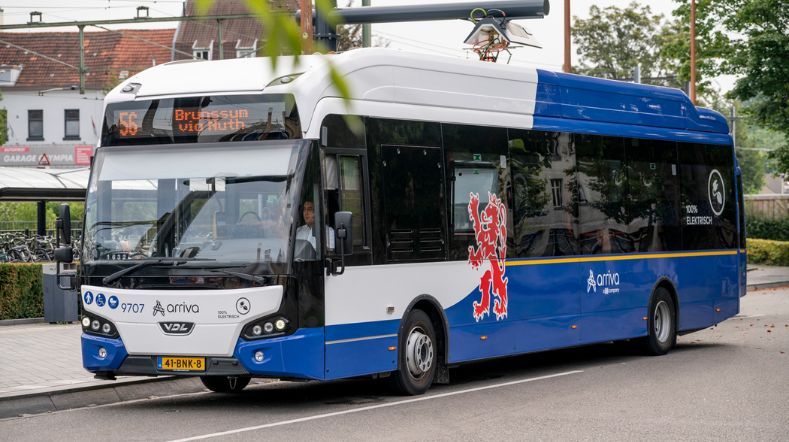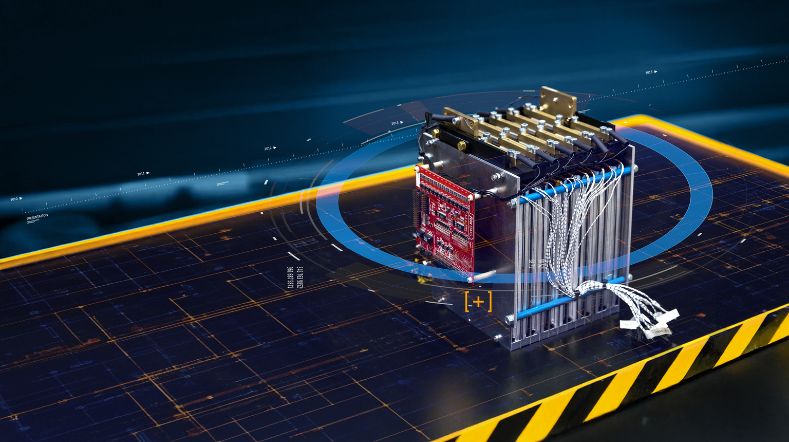
Sustainable transport and logistics expert group
The Sustainable Transport and Logistics (STL) expertise group promotes the transition to sustainable mobility in the Netherlands and Europe. Through precise measurements and in-depth assessments, we support the development of effective policies and legislation. We reduce the environmental impact of transport and improve the efficiency, reliability, and sustainability of logistics systems.
Developing representative measurement methodology
Already for decades, STL measures and collects first-hand facts on real-world emissions from vehicles, and more recently also from ships and machines. Our vehicle emissions laboratory provides a professional environment for the development of new, innovative measuring and monitoring instruments, as well as for standardised testing with existing measuring instruments. By providing our stakeholders with indisputable facts and practical and feasible advice, STL contributes to the development of effective Dutch and European emissions policies and legislation.
Advancing new logistic concepts
In the field of logistics we offer objective and well-founded insights and action perspectives to companies and governments on how to make freight transport and logistics more efficient, reliable and sustainable.
Given several challenges (greenhouse gas emissions, pollutant emissions, security of supply, scarcity in terms of physical infrastructure or space and labour force) and trends (digitalization, automation and energy transition) we determine whether and how technological and organizational innovations can be implemented in logistics operations and what impact they can have for involved stakeholders and the performance of logistic operations and supply chains.
We focus on two main activities: ex-ante and ex-post impact assessment of innovations on micro, meso and macro level, and design and evaluation of innovations in real-world logistics operation with involved companies and governments in complex multistakeholder settings.
Practical and feasible advice for policies and sectoral strategies
Our emission measurements and monitoring results provide a solid basis for new or amended European legislation for vehicle emissions and for environmental policies at the national and municipal level.
The results of STL's feasibility studies, techno-economic assessments, technology uptake modelling and scenario studies find their way into longer-term government policies and sectoral strategies for sustainable, efficient and futureproof mobility and logistics. With our strong, multidisciplinary and independent knowledge position and our orchestrating capabilities, STL often is the 'spider in the web' in research consortia and innovation ecosystems.
Expertise areas
- Real world emissions: As a leading expert in the field of real-world emissions from traffic and transport, STL has been monitoring emissions and fuel efficiency from motor vehicles on the road under real driving conditions for many years. With our methodologies we contribute to advanced legislative test procedures and monitoring methods to improve emission performance and fuel efficiency.
- Our measurement results provide indispensable inputs to emission inventories and air quality modelling and support the development of effective policies. In recent years the scope of STL’s emission monitoring work has broadened to other transport modes such as inland and maritime shipping, rail and non-road mobile machinery and has expanded to include non-exhaust emissions from brake and tyre wear.
- Towards zero emissions: As part of the overall transition to a low or zero carbon economy by 2050, effective strategies need to be developed and implemented for decarbonising passenger and freight transport. In support of that STL performs techno-economic assessments of future sustainable propulsion options and energy carriers and the associated fuelling and charging infrastructure.
- Green maritime performance: Different STL expertise areas contribute to TNO’s work for the maritime sector. STL supports the Dutch and international maritime ecosystem in its transition to sustainable shipping with emission measurements and technology assessments of alternative fuels and propulsion options, scenario studies and the development of sectoral strategies.
We contribute to speeding-up the development and implementation of innovations in freight transport and logistics to realise much-needed improvements in terms of efficiency, reliability and sustainability.
The activities are clustered around three main topics that are interrelated and all lead towards a futureproof smart logistics system:
- Development, implementation and scaling-up of innovative organisational logistics concepts (such as hub concepts in city logistics).
- The integration and evaluation of automated transport in the logistics operation, including efforts and requirements to ‘make it work'. Next to that, STL provides insights in benefits of automated transport for logistics companies, governments and society (such as stepwise development towards fully automated road transport from hub to hub on the highway).
- Development of data driven (de)central autonomous planning algorithms for sharing of assets in systems of connected logistics networks (such as exchanging truck capacity between transport companies to organise logistics in a much more efficient way).
Get inspired
Fuel cells crucial for decarbonising heavy-duty transport and non-road machinery


Health of electric bus batteries now measurable on-site via charger


Transition co2 neutral mobility 2050

TNO accelerates electrification of logistics and construction through a deeper understanding of batteries




